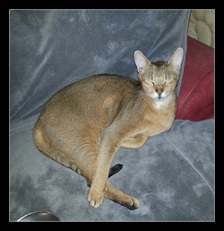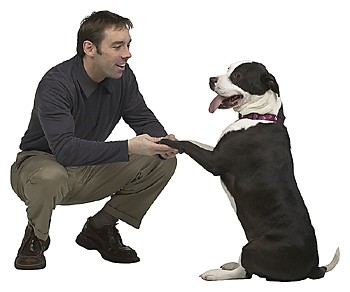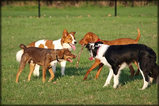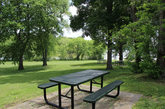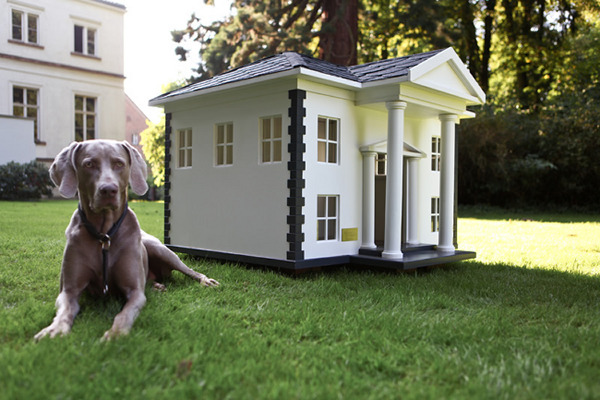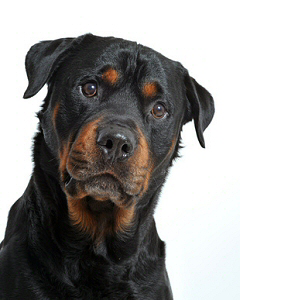|
Step Four :
|
Home Visit
1. Check for Safety - Pets can get into all sorts of things or may have a bad habit.
2. Meet all Family Members - Making sure everyone is on board with adoption. 3. Meet other Pets - See condition and possibly have pets meet with ALPRAS Pet. 4. Advise on Changes - Some pets may have extra requirements/needs. 5. Answer Questions - Making sure everyone is on the same page. * Some ALPRAS animals require more than one home visit. **Even ALPRAS Cats (and some other animals) have home visits! |
|
Step Five :
|
Adoption !
Once an Application and Home Visit has been approved, we move to Adoption!
1. We bring your new ALPRAS Pet to his/her new home! 2. Make sure everything is going well with pets and family members. 3. Ensure requirements are met. 4. Go over paperwork, answer any questions, sign adoption agreement & adopt fee. 5. Congratulations! You're a new Pet Guardian and member of the ALPRAS Family! |
Why so many steps?
|
Step 1 - Take your time, pets can live a long life and make sure it's right for you.
Step 2 - Adoption Application helps us make sure we vet the home they go to. We put a lot of love and care into our animals, we want to make sure they are going to the best place for them and a good fit for you. Step 3 - Making sure there is a connection for both animal and human. Step 4 - Home Visit ensures both people and pets are safe and shows the family dynamic/approval. We want to get it right the first time, every time. Step 5 - Finalizing by ensuring the adopter has all the tools they need for success! |
What is the Adoption Fee?
* Some animals may have had their adoption fee waved due to their circumstance or have been sponsored by a caring donor *
If you have any questions about us, the animals in the rescue,
adoption, fostering or how to help:
Please contact us at [email protected]
adoption, fostering or how to help:
Please contact us at [email protected]
Follow us on Facebook at Agatha's Lucky Paws Rescue and Sanctuary or on Twitter @AgathasLuckyPaw




